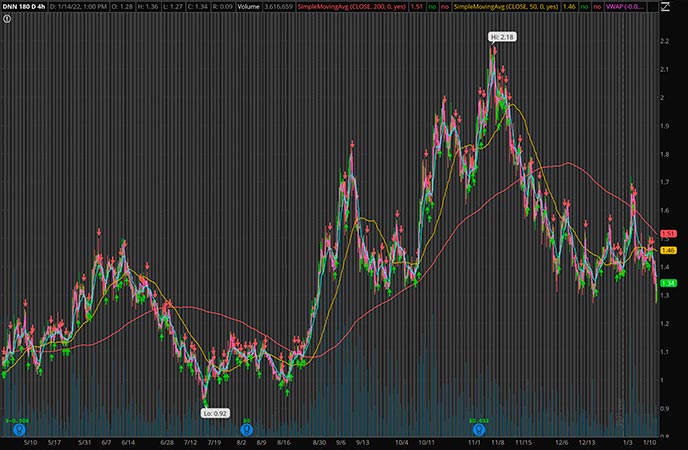

Even in our data-rich, digital world, many great small-cap stocks are subject to very limited analyst coverage. Small-cap investments are often over-looked by the wealth management industry because they require a high level of research and analysis to find the hidden gems. How can I benefit from your small-cap investment expertise?
#Hot micro cap stocks free
If you would like to find out more about investing in smaller companies and whether it would be appropriate for you, please contact us for a free consultation. They may be difficult to sell at the time you choose and are more volatile and, while they can offer great potential, growth is not guaranteed. However, investing in smaller-cap companies also carries a higher degree of risk than investing in the more liquid shares of larger companies, so they are not appropriate for all investors. We believe investing in small-caps can be a very important part of a truly diversified and well balanced portfolio – whether you’re investing directly in small-cap shares or via a specialist small-cap fund – and we will include this niche area small-cap investments within your discretionary portfolio if we believe it's appropriate. That’s why it’s important to have an expert in small-cap investing by your side. Historically small-cap stocks have outperformed large-cap stocks, but they are a more volatile investment and come with a higher risk. Small-cap investments can deliver superior returns and growth. * The companies listed on AIM can have a market capitalisation above £2bn. Or have a market capitalisation of less than £2bn, but are not within the FTSE 100 – this includes companies within the FTSE 250, FTSE SmallCap and FTSE Fledgling Indices. the value of the company that is traded on the stock market, calculated by multiplying the total number of issued shares by the present share price.Īs illustrated below, when we talk about investing in small-cap stocks at Canaccord Genuity, we mean smaller companies that: These companies’ market capitalisations are relatively small i.e. Names include Creo Medical, ASOS, Hotel Chocolat, Fever-Tree, Hilton Foods or McColl’s – all of which we mention here for the purpose of providing illustrative examples, rather than being an investment recommendation. They can be well-established market leaders and household names, as well as businesses carving out a niche in certain markets or expanding. While they are referred to as ‘small-caps’, these companies are not micro businesses, like your local coffee shop or boutique. Investments in smaller companies are more volatile and, while they can offer great potential, growth is not guaranteed. Investments in smaller companies, including AIM stocks, carry a higher degree of risk than investing in more liquid shares of larger companies, so they may be difficult to sell at the time you choose.


 0 kommentar(er)
0 kommentar(er)
